MSc Computing
Study Intensive format (12 - 15 months)
or Standard format (24 - 27 months)
Start September
The MSc Computing program is designed for all graduates and professionals who wish to become highly proficient in the field of computing. This course is designed for students who may be familiar with computing and wish to expand on their existing knowledge and skills, or for students who come from a different field and would like to build up strong computing skills and enrich their work portfolio.
Areas of Study:- Programming
- Cyber Security
- Data Analysis
- Machine Learning
- Artificial Intelligence
- Negotiation
- Project Management
Successful graduates are well-prepared to make an immediate contribution to industry projects at the leading edge of computer applications.
Teaching and learning are highly experiential, underpinned by practical projects, fieldwork, business simulations and case studies. You will enjoy unprecedented access to an outstanding group of lecturers who deliver relevant research-based teaching, feedback, consultation and support. The Master’s programme is supported by regular guest lectures and the whole community of students and teachers at PCU.
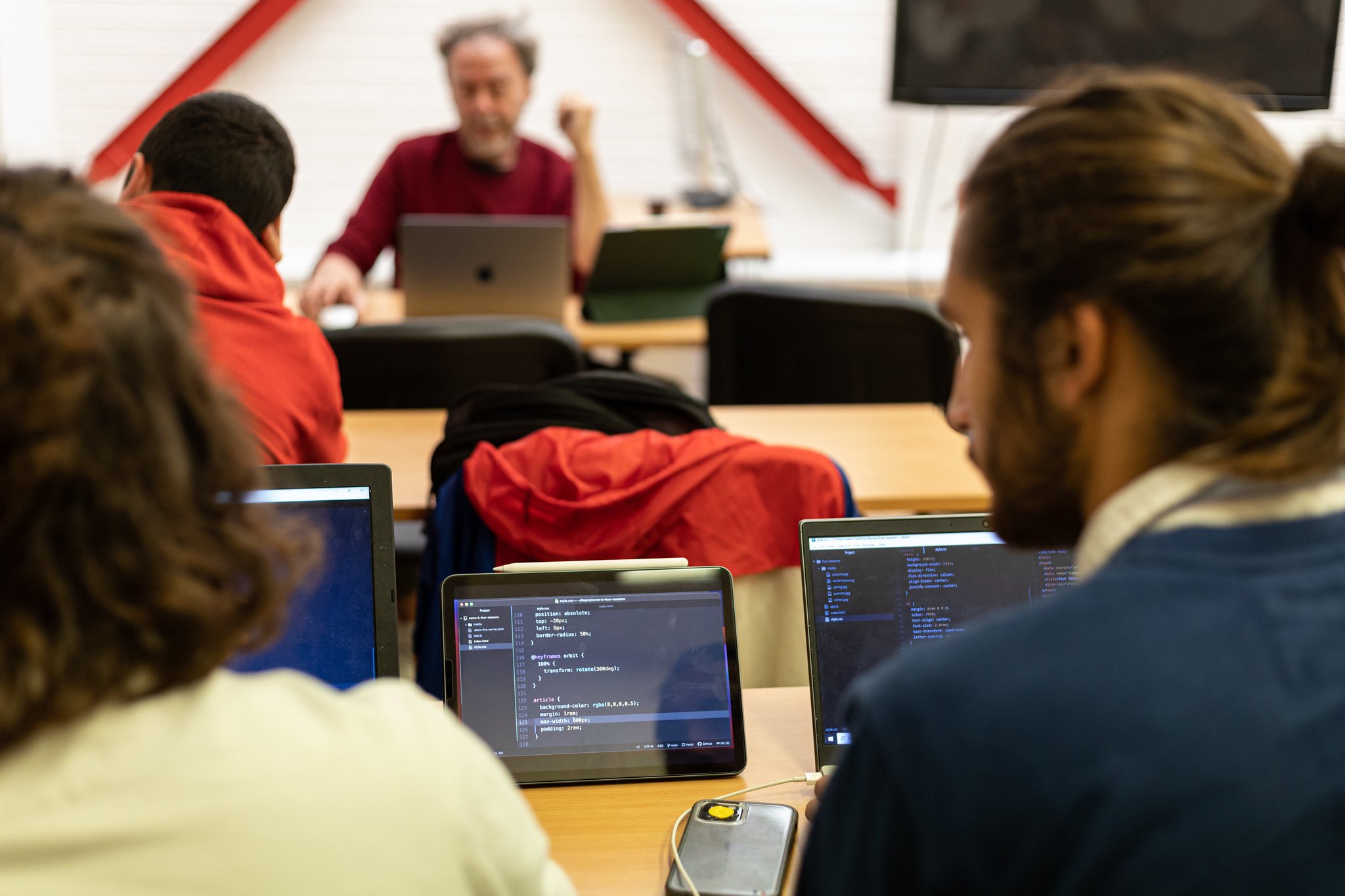

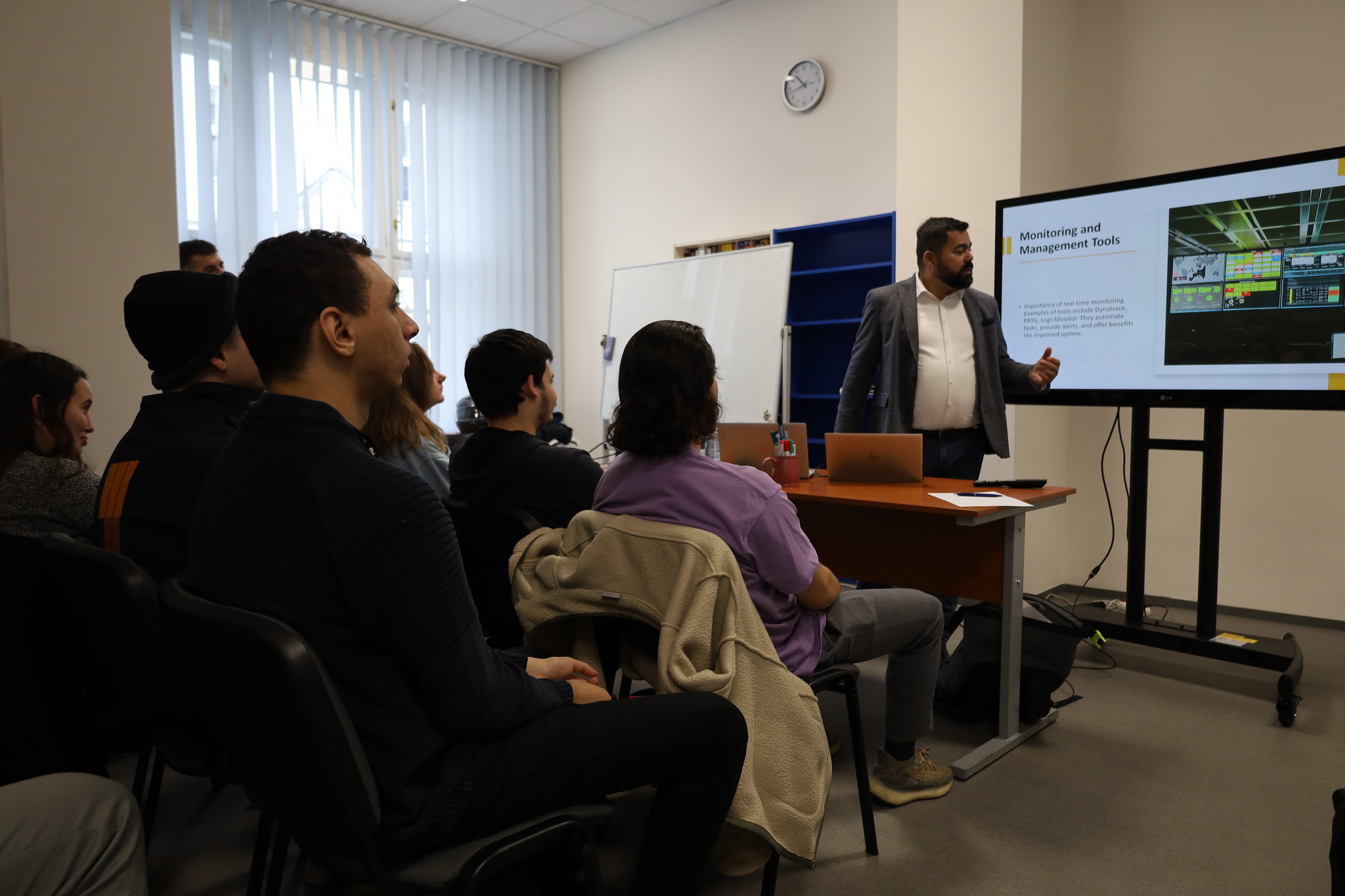
Programme Essentials
- Participate in a cooperative learning environment with open consultation and support from lecturers
- Practise and implement the critical working skills of negotiation and project management
- Develop theoretical and practical knowledge in key areas of contemporary computing
- Explore relevant areas within your speciality using advanced academic research
- Publish your research in our well respected bulletin
- Gain opportunities for career advancement and networking through our Industry Network and client-based project work
MSc Computing is offered in the framework of the Lifelong Learning with a PCU certificate leading to British qualification, and at the same time granting ECTS credits for the British degree. Find out more about programme accreditation & recognition →
What You Study
Semester 1*
- Mobile Systems and Cybersecurity
- Project Management Philosophies and Tools
- Data Analytics
Semester 2*
- Systems Administration and Security
- Machine Learning
- Research Methods
Semester 3*
- Computing Master’s Project and Dissertation
* Intensive Format option. Modules in Standard Format are spread over 4 semesters, plus the Dissertation.
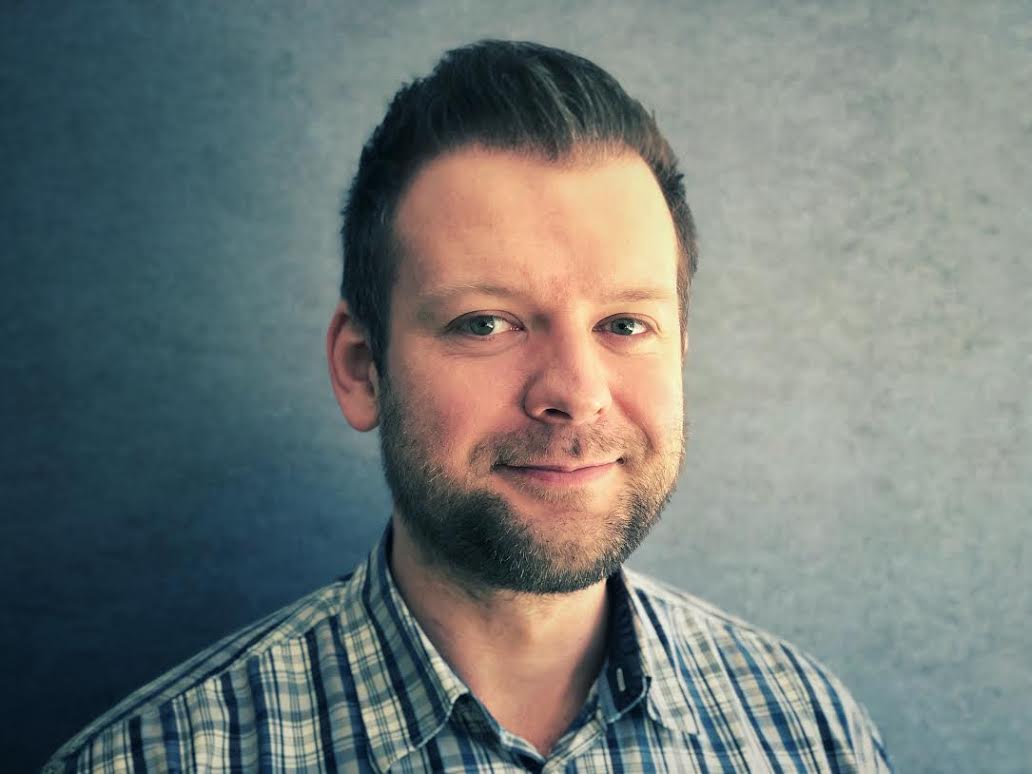
“I learnt so much: for example we designed a national healthcare application for healthcare professionals in the UK. This was an enriching experience because even now when I’m looking at complicated solution architecture - for example in UML diagrams of complex systems - I’m easily able to understand it .”
Martin Papík
Schedule
The programme has two modes of study.
Intensive Format
Three semesters of study including your dissertation, undertaken within 12 to 15 months.
Standard Format
Four semesters of study plus completion of your dissertation undertaken in 24-27 months.
Meet Your Programme Leader
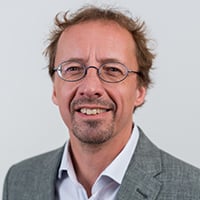
doc. Mgr. et Mgr. Radek Honzík, Ph.D.
Radek Honzík holds Master’s degrees in Mathematics and English Language, and Logic and Computational Linguistics, as well as a Ph.D. from the Faculty of Mathematics and Physics, Charles University, where he also successfully defended his habilitation work (doc.) in 2019. For three years he was a postdoctoral researcher at the Kurt Gödel Research Center for Mathematical Logic in Vienna. His research has been published in distinguished international journals including Annals of Pure and Applied Logic, and the Israel Journal of Mathematics. He is co-author of the monograph The Hyperuniverse Project and Maximality (Springer 2018).
Entry Requirements
- A British Honours degree, first or second class in a relevant subject area, or equivalent level qualification. Applicants with a British Honours degree or equivalent level qualification with appropriate professional experience, may also be eligible for the programme.
- English language certificate. Required Scores: IELTS 6.0 (with no band below 5.5) ; TOEFL iBT score of at least 79; Versant language exam - score equivalent to 6.0 IELTS If the applicant has completed a Bachelors programme entirely in English this requirement may not apply
- A letter of motivation (minimum 500 words) describing career and personal motivation.
- Professional and academic references
- Curriculum Vitae
- For all programmes at Prague City University there is a final interview between the applicant and the Programme Leader before the final decision on admission is made.
Are you interested in this programme?
Get in touch now and start September or February.
Degree Projects
Serverless functions allocation in IoT using machine learning →
‘The IoT (Internet Of Things) comprises a network of smart devices that can transfer data either between each other or between layers in a network. Initially, the IoT has faced high latency problems by using only cloud computing solutions. Recently,'fog' computing has emerged, which aims to move computational tasks closer to the edge. However, the introduction of serverless computing has produced its own challenges concerning the allocation of functions between the fog and cloud layers. We propose a prediction-based framework that will choose where each function will be executed based on its execution history. The decision will be made using a machine-learning model, which will be trained and tested based on input features.’
WebSocket Protocol Performance for Real Time Cryptocurrency Algorithmic Trading →
Most cryptocurrency exchanges provide market data via WebSocket API, and trading systems are therefore recommended to use the WebSocket protocol to connect to the exchange and receive data. Various programming languages and their respective libraries can be used to develop a communication interface within the trading system. This study evaluates performance differences in communication speed - an important criterion for profitable trading systems. Six connectors were developed (in compiled, intermediate and interpreted programming languages and their respective WebSocket libraries) and deployed in the cloud.
Management and governance are essential activities for Non-Profit Organizations (NPOs), but also highly complex due to the nature of the sector. The use of a framework can provide the organizations with guidance and help their Boards or other strategic bodies to understand the organization’s current direction, what to expect from it and what needs to be done. The research explores to what degree the COBIT 5 framework is suitable for an NPO, and also suggests a number of tools that can be used by the organization in making decisions concerning the framework's compatibility with the organization’s inner workings.
Career Building at PCU
MSc Computing graduate continues doctoral research in the UK
Petr Roudenský, an alum of PCU, is currently pursuing his PhD at The University of Sheffield in the United Kingdom, where he is conducting further research on neurodegenerative diseases, in particular Huntington's Disease.
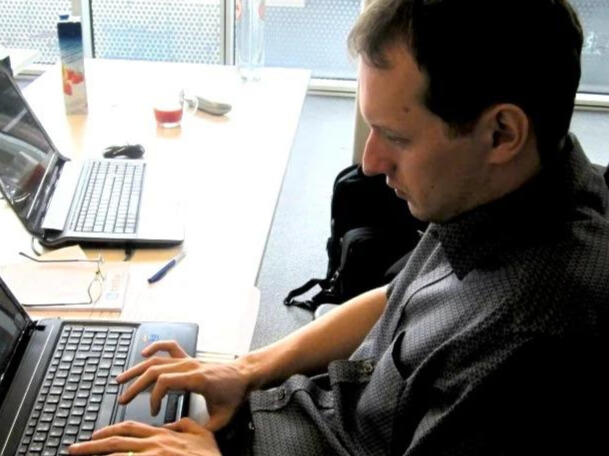
Graduate Careers & Further Study Destinations
- Martin Papík has worked as a Team Leader, IT Technical Designer, DevOps & Software Engineer for Czech Banking giant ČSOB. He is currently an IT Security Manager at ALPIQ, a leading Swiss electricity producer and energy service provider.
- Alejandro Villamarin is a Cloud and DevOps Engineer - Vice President at Barclays Investment Bank in Prague.
- Petr Roudensky, winner of the Dean's Award from Teesside University, has authored 3 books on IT in Czech and is considered a leading expert in his field. He is currently studying for his PhD at the University of Sheffield in the UK.
- Natálie Dvořanová has worked as a Web Application and Marketing Cloud Developer at Accenture and is currently a C# Developer at Barclays Investment Bank in Prague.
- Michael Zats completed his BA (Hons) International Management at PCU and while working from Berlin he also managed to complete MSc Computing. At the same time he earnt a Master of Arts Marketing Management from the Berlin School of Economics and Law and now works as the Online Marketing Director for PassportCard Deutschland.
- Michele Nuovo was previously a Java Software developer at Deutsche Börse and is currently Tech Lead - Senior Java Developer at MSD Czech Republic.
